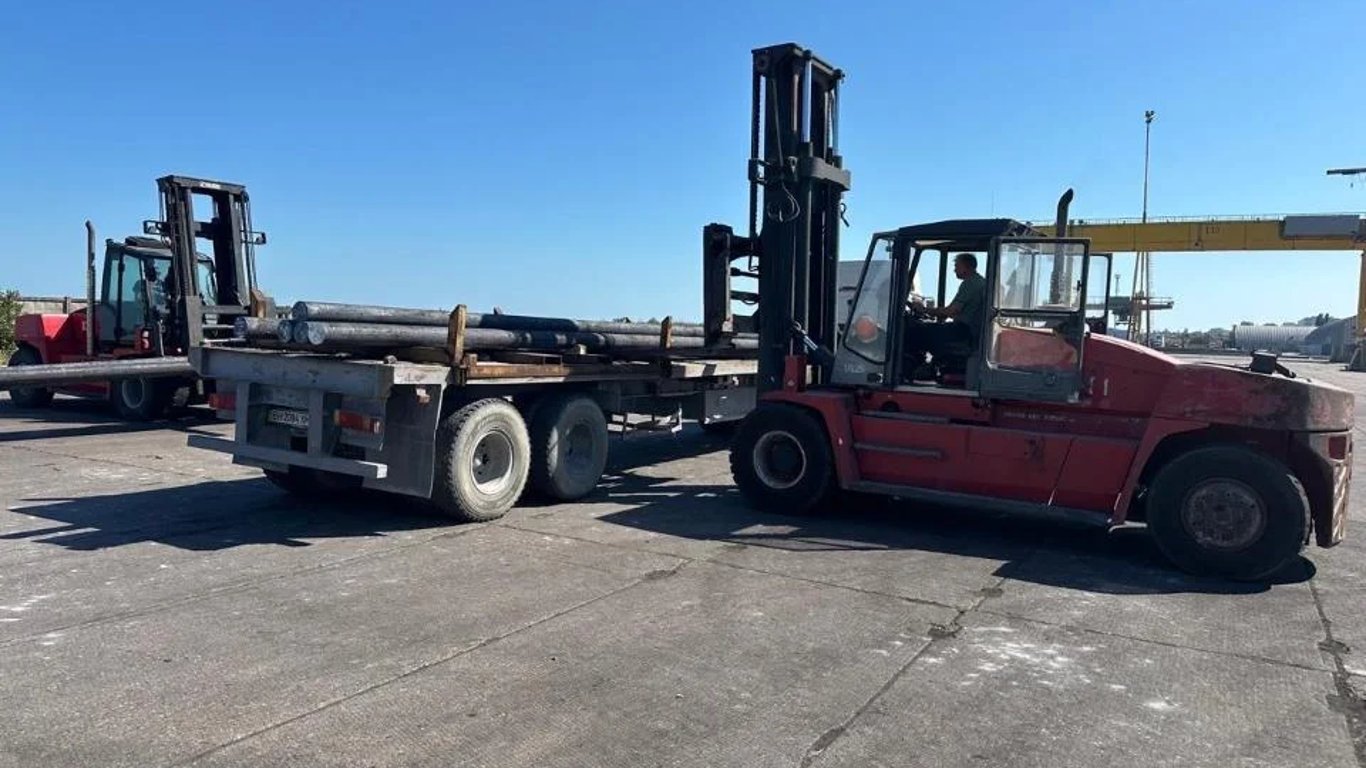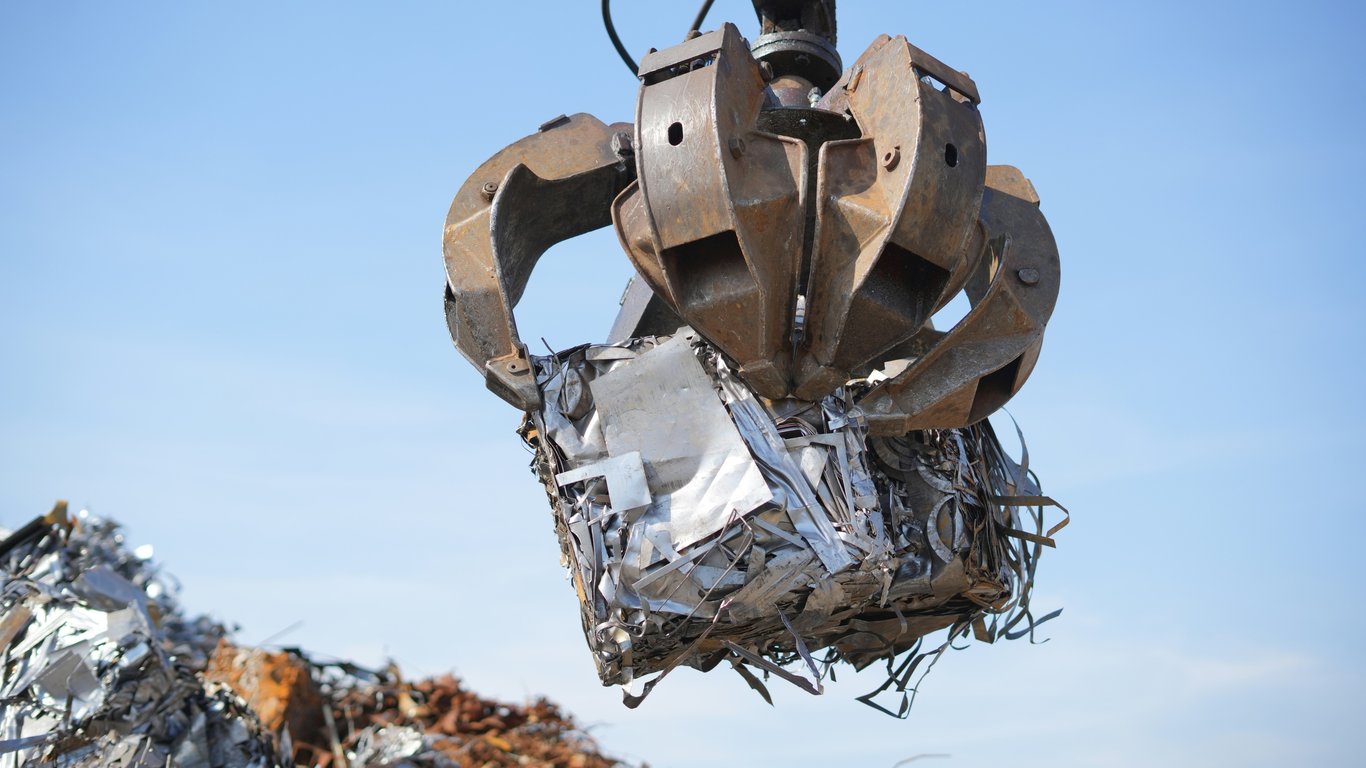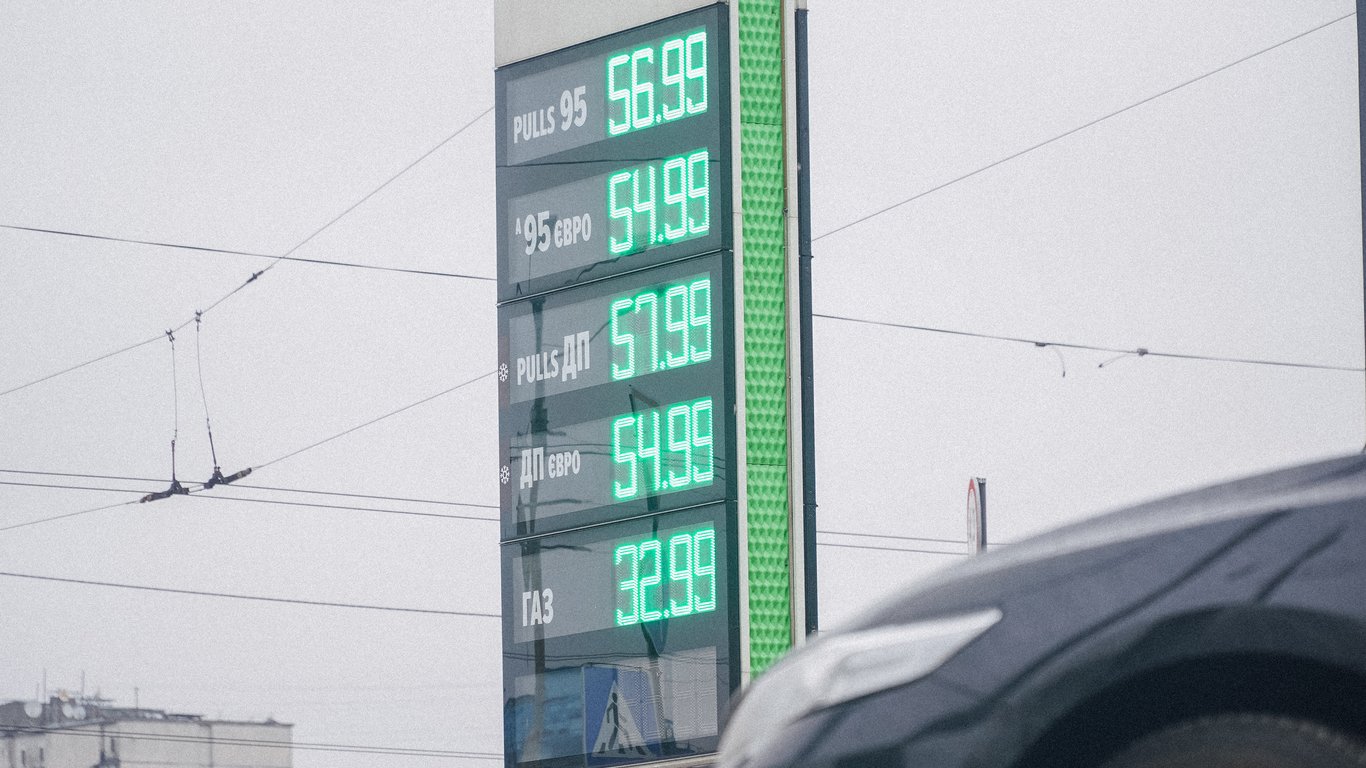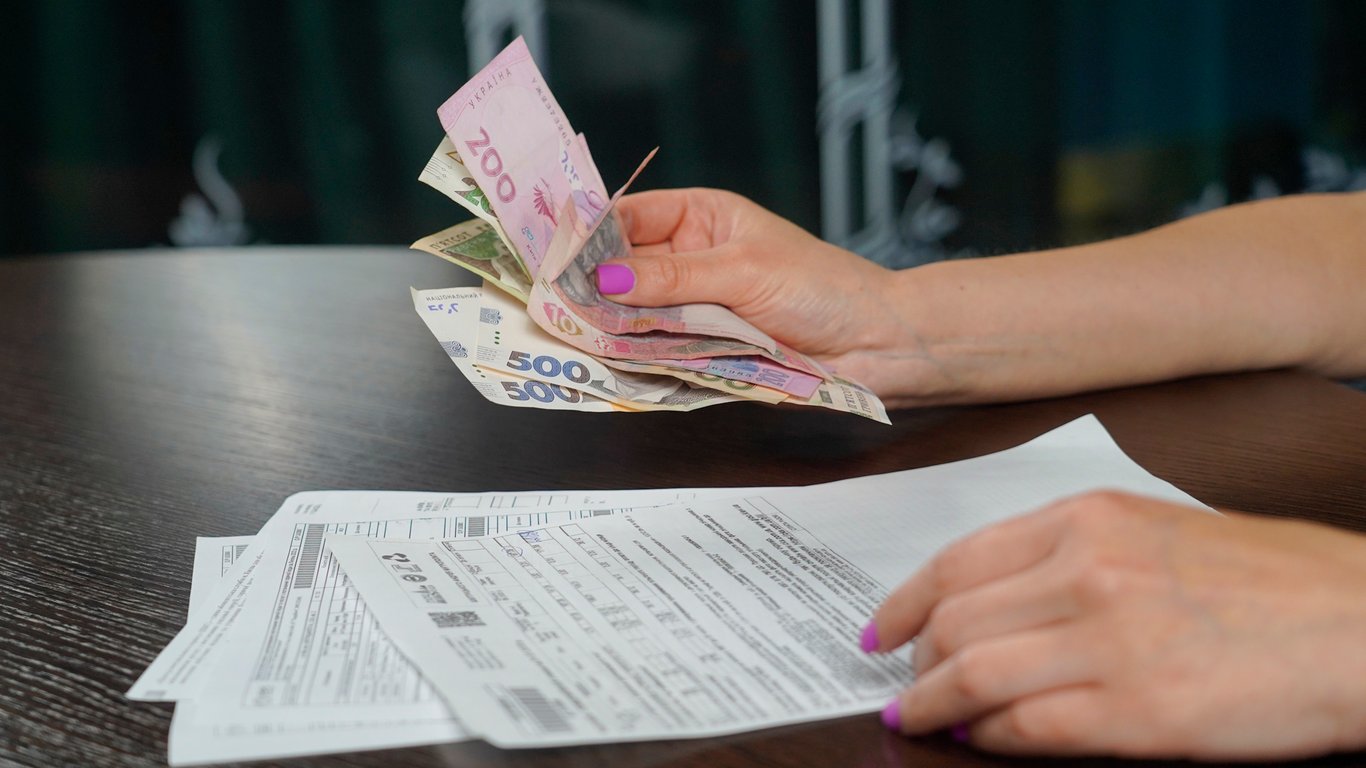Targeted bloodshed: EU promises to increase military aid to Ukraine in response to Russian strikes.

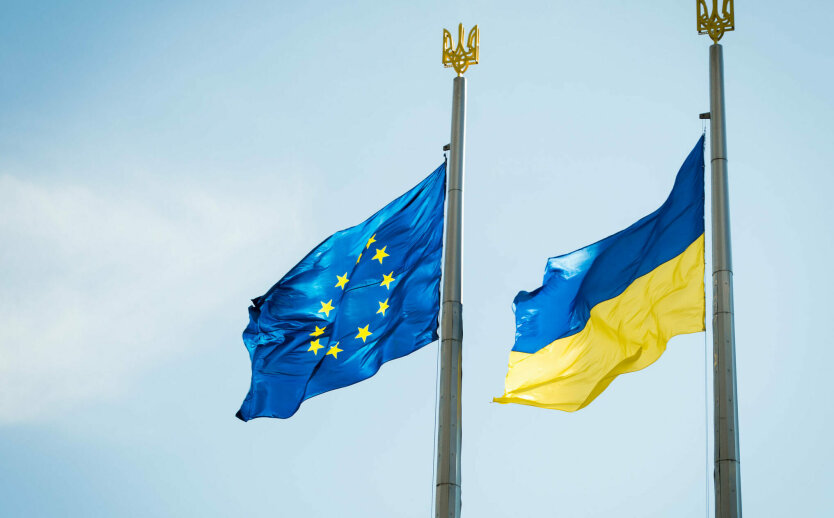
The European Union has responded to Russia's missile strikes on Ukraine and announced its intention to increase military aid.
A statement from the EU representative was published on the European External Action Service website.
The EU expressed its condolences to Ukraine in connection with the tragedy, where over 50 people were killed and hundreds were injured as a result of Russia's missile attack. They stated their intention to increase military aid to Ukraine.
"This is yet another targeted bloodshed, which shows Russia's intention to continue its brutal war against Ukraine and its people, seeking to inflict as much damage and cause massive destruction as possible. We share the grief of the victims' families and support the people of Ukraine," the statement said.
Over the past two and a half years, Russia has been terrorizing the population of Ukraine during its aggressive war, carrying out missile and drone attacks, mainly targeting civilian objects.
According to the EU spokesperson, this only underscores that Ukraine has the right to self-defense and must effectively repel attacks carried out from military platforms in Russia.
"The European Union remains committed to increasing military supplies, including anti-aircraft defense systems and ammunition. These supplies will help strengthen Ukraine's self-defense, save lives, and reduce destruction in the country," added the EU representative.
It is worth noting that on Tuesday, September 3, Russia launched a ballistic missile strike on an institute in Poltava.
Read also
- Steel transshipment has resumed at the port in Odesa region — what will it bring
- A New Word in the Energy Industry - Where a Natural Hydrogen Source Was Found
- Ukrainians are profitably selling scrap metal in July — what is the price for 1 kg of scrap
- The gas station updated fuel prices - what drivers in Ukraine should prepare for
- Lithium from the sea — how it can displace mines and change geopolitics
- How to pay less for electricity in summer — DTEK named an important nuance
